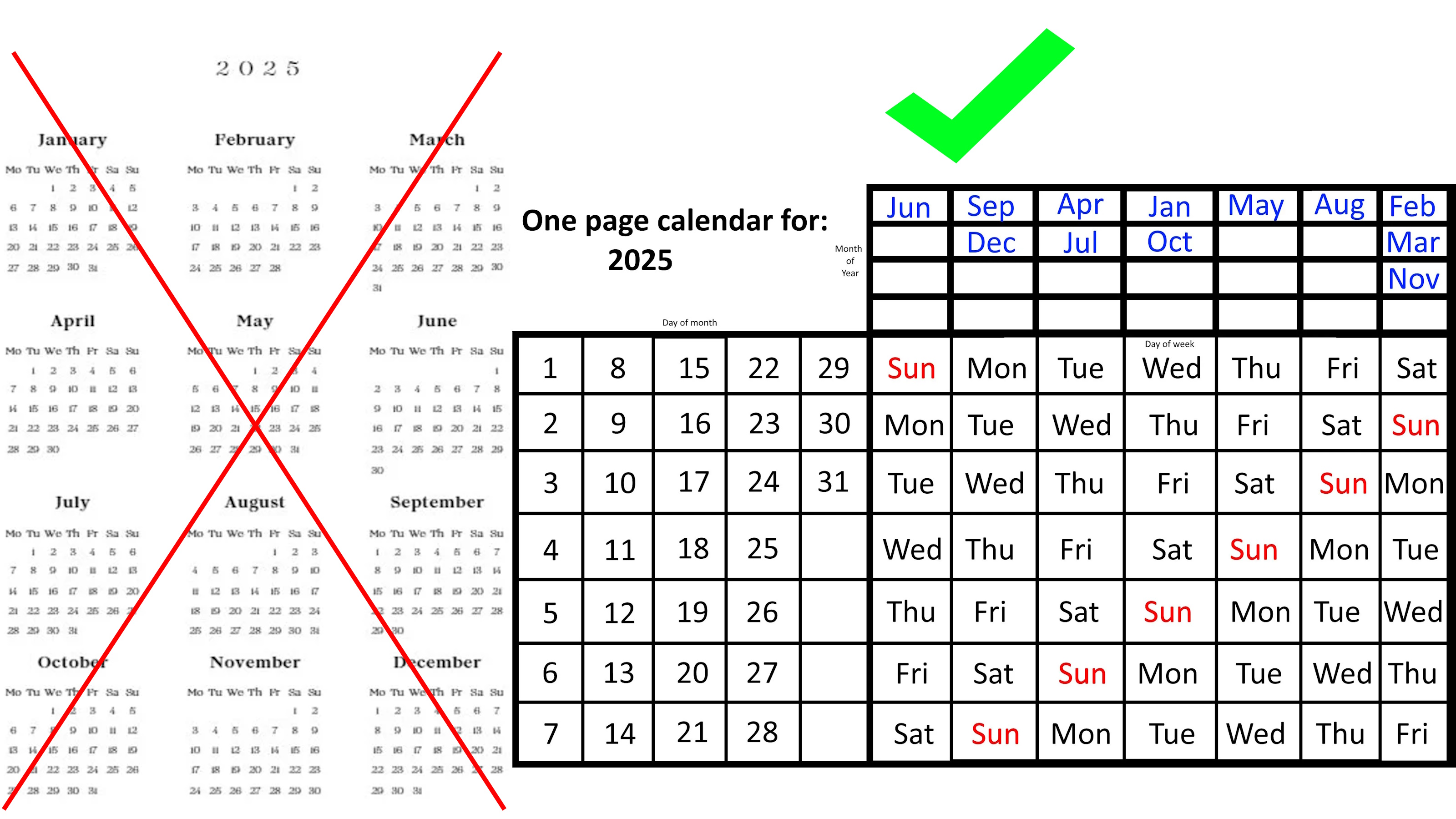George Kohlrieser says one of the most common mistakes is when negotiators forget that they have a number of options at hand, but, as Columbine proved, things will go wrong.
Question: What should every negotiator be thinking about?
Kohlrieser: Well, you have to know what your bottom line is. Do you have an alternative? Because if you do not have another good alternative, you have less power. There is a power differential in all negotiation. Of course, hostage negotiator has a SWAT team behind them. However, I’ve never seen a SWAT team actually resolve the negotiation in it of itself. It is the negotiator, person on person, group on group who is able to persuade that mind shift change and it’s build around trust. So, you need to know what your other alternatives are in order to not be taken hostage. The moment you say, “I have to have this,” you lose power. And what you have to do is always remember there is choice, there is chose. So, Nelson Mandela, for example, he spends 27 years in prison, comes out speaking reconciliation and forgiveness. Here’s a man who understood that he was never a hostage. He never gave over his mind. He was able to focus on the fact that for 27 years he was there for a training, it was preparation. For what? To help bring South Africa out of apartheid. And when he came out, he did not show the hostage mentality. He actually became a great leader. So, he had basically no alternatives while he was there except to work with his mind, understand and see an opportunity. Can you imagine what it was for 27 years to direct this [IB] on opportunity? So, yes, you have to know what your options are. There’s always choice. I think the biggest mistake leaders make is when they forget they have choice, and that choice includes saying no, walking away, some of the best negotiators in the world will walk away because they see that there is a reason that they cannot go beyond the boundary. Now, if you’re a hostage negotiator, you can’t just pack up and say, “I’ll walk away.” You have to keep engaged in that dialog in order to maintain the bond and find the solution. But, remember, in a hostage negotiation, you have power because people want something. You only have to find out what that other person wants. One of the biggest mistakes in negotiation, people don’t take time to understand what others really want. Question: When does negotiation fail? Kohlrieser: You cannot do risk avoidance and the most dangerous situation is someone who is altered by drugs, altered by ideology in such a way that you cannot get a mindset change. They refused to bond. If you look at Columbine, you look at Virginia Tech, here was a couple of examples of young boys who simple could not create a bond, and out of this bond, in this isolation, the rage came out and there was nothing to do at that point. They just acted out this murder as rage. Where hostage negotiations do fail in that 5% it’s because you cannot get the bond with as person. If you can get that, the probability is so high that you will get a success, however, no guarantees. There was a number of years ago with teacher in New Jersey who was taken hostage by a high school student over a grade dispute. She had a tape recorder. She managed to tape major part of that dialog. She did everything correct. She built the bond. She engaged in a dialog. He was even giving her a hug. The tape ran out and in the end he killed her, but as best we could determine from that tape, she had done everything correct and we have to recognize no human being has the power to override the freewill of another human being. There is always choice. However, if you understand how the brain works, the nature of the human, it is around social bonding. It is around belonging. Even if it appears that it’s not there. And if you understand grief and lost, you then begin to understand resistance to change. So, that if the loss is so deep, you cannot get the bond, then you may have limitations, which I think is another thing to really understand around change and uncertainty. And leading in times are change and uncertainty is that it is the loss or the fear of the loss that drives the majority of behavior. In every act of violence, in every hostage taking, in every conflict situation of significance, there is either a loss, a change, a frustration of some kind, a grief. And people who cannot go through the grief over big things, little things, they cannot then re-bond, and that’s what leaders have to do. They have to help people go through whatever pain, frustration or grief is there and come back. And I use that word “grief” intentionally. In the book, there’re a lot on this to understand what motivates people. It’s not benefit. Benefits don’t motivate most people. It is the fear of change. It is the anticipated loss that drives people into negative behavior.





